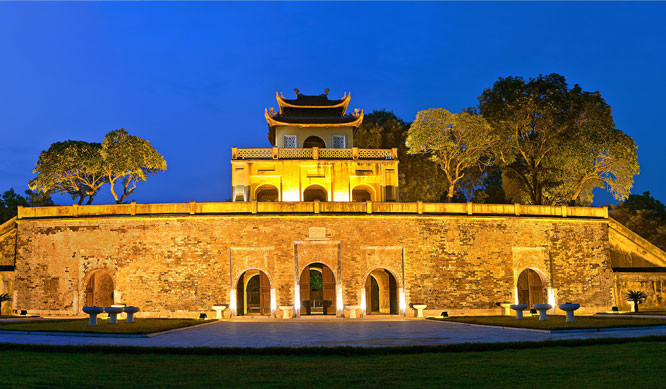
April 12, 2025
History of Estate Management ( Family Estate ) in Viet Nam
The history of family estate management in Vietnam has undergone significant transformations from the feudal era to the modern day.
Below is a summary of the key development stages of this sector in Vietnam.
I. Feudal Period (Before 1858)
During the feudal period, land and real estate were primarily owned by aristocratic families and local lords. These properties were usually managed by the family patriarch or loyal stewards. Land ownership was typically passed down from one generation to the next.
The Hồng Đức Code, enacted under the Lê Dynasty in the 15th century, provided detailed provisions on land ownership and inheritance, laying an early legal foundation for property and estate management.

II. French Colonial Period (1858–1945)
The French colonial government introduced many new land and property policies aimed at exploiting and controlling the colony's resources. Vietnamese aristocratic and landowning families had to adapt to these changes.
Some families began to adopt more professional asset management methods, influenced by French estate management models.

III. Revolutionary & Wartime Period (1945–1975)
Focus was placed on economic restoration during wartime.
Land Reform: After the August Revolution of 1945, the Democratic Republic of Vietnam implemented a land reform campaign, confiscating land from landlords and redistributing it to peasants.
This drastically altered the land ownership structure, moving toward collective ownership.
IV. Centrally Planned Economy and Subsidy Period (1976–1985)
The state managed the economy primarily through administrative commands based on top-down planned targets. Enterprises operated under state decisions and assigned quotas.
This period was marked by slow economic growth and supply shortages.
The real estate sector remained underdeveloped, and estate management did not evolve significantly.

V. Đổi Mới (Renovation) Period (1986–2000)
Market Economy: In 1986, the Đổi Mới policy opened up Vietnam’s economy, paving the way for the development of the real estate market.
Families began investing in both domestic and overseas real estate.
The concept of family estate management began to emerge during this era.

VI. Integration and Development Period (2001–Present)
Vietnam’s economy has seen robust growth and moved into the ranks of middle-income countries globally.
New Land Laws and Regulations: Updates such as the 2013 Land Law have provided a clearer legal framework for real estate development and management.
Many wealthy families have capitalized on this opportunity to accumulate and diversify their real estate portfolios.
The emergence of professional estate management companies has helped families optimize asset utilization. Services such as maintenance, leasing, and financial management have become increasingly common.

------------------------------------------------------------------------
CITYHOUSE - Estate Management
Related news
- History of Estate Management in Europe an over the World April 12, 2025
- How to Optimize Estate Management in the Long Term ? April 17, 2025
- What does the future of Faminly Estate market in Ho Chi Minh City? April 17, 2025
- CITYHOUSE: A Steady Journey – building the Foundations for the Family Estate Management in Vietnam May 13, 2025
- Decoding the Enigma: Why many Serviced Apartment- Hotels in Ho Chi Minh City Fail to Meet Profit Expectations ? June 01, 2025
Recent news
- How can family assets be safely preserved across generations? June 28, 2025
- CityHouse Apartment is proud to announce its official presence on the Agoda Flagship Store June 01, 2025
- Decoding the Enigma: Why many Serviced Apartment- Hotels in Ho Chi Minh City Fail to Meet Profit Expectations ? June 01, 2025
- CITYHOUSE: A Steady Journey – building the Foundations for the Family Estate Management in Vietnam May 13, 2025
- What does the future of Faminly Estate market in Ho Chi Minh City? April 17, 2025
